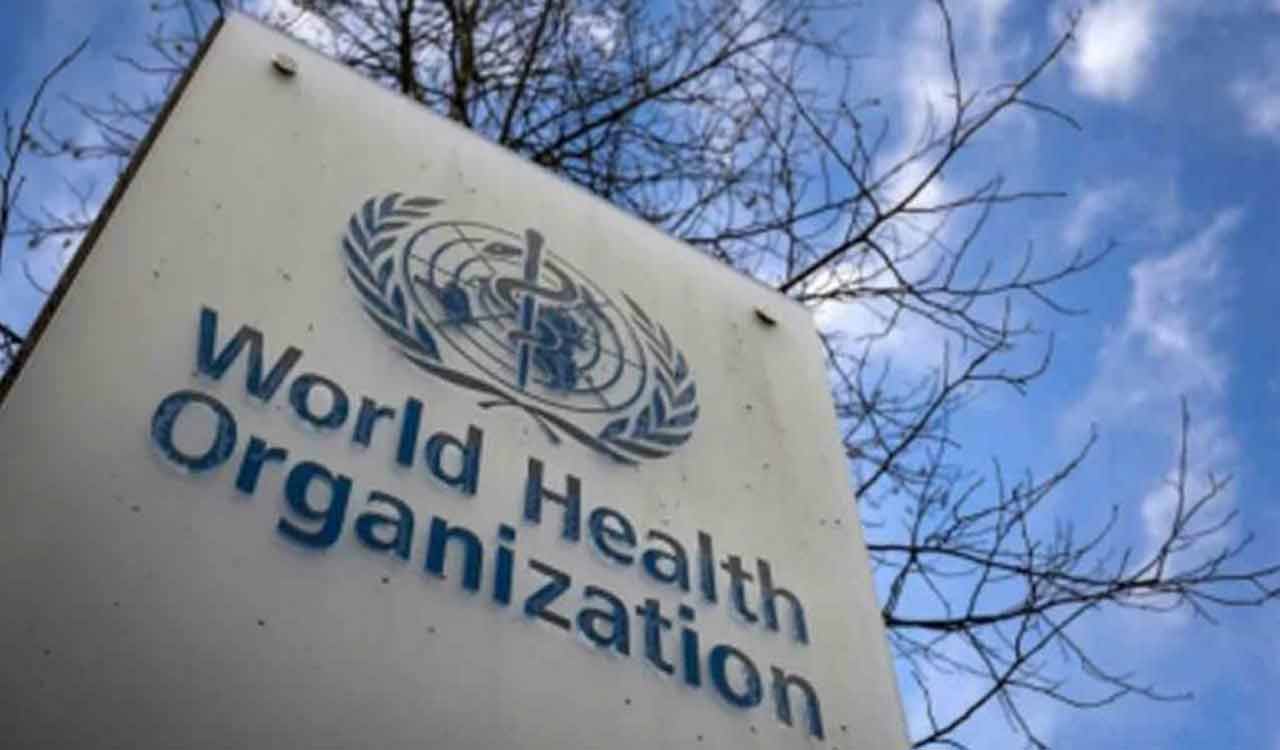The World Health Organization (WHO) has lauded the palliative care programs implemented in India, specifically acknowledging the commendable initiative for terminally ill patients spearheaded by the former government of Telangana.
Published Date – 26 January 2024, 11:34 PM

Hyderabad: A report on palliative care programmes being implanted in India, released by the World Health Organization (WHO), has praised the special initiative for terminally ill patients, which was developed and implemented from scratch by the former BRS government in Telangana.
The WHO, in its ‘Expanding Availability and Access to Palliative Care’ report, which was presented by palliative care experts from Southeast Asia during a workshop held recently, said: “The planning and implementation of the palliative care services in Telangana has been remarkable.”
Outlining the ongoing palliative care programme in Telangana, which was launched by the former BRS government in collaboration with voluntary organisations, the report stated that: “In Telangana, the government has leveraged well on the skills and expertise available with CSOs, highlighting a successful collaboration between the government and civil service organisations.”
Recognizing the fact that palliative care is fundamental to health and dignity and is a basic right for patients, the then BRS government, for the first time in India, had launched an initiative that delivered palliative care treatment facilities at patients’ doorstep.
The BRS government provided financial assistance and mobile vans (Mobile Home Care Units-MHCU) to enable healthcare workers travel to the houses of such patients.
“The planning and implementation of palliative care services in Telangana has been remarkable in that it has been achieved through the joint efforts of the government and a CSO. It can serve as a useful model for others working in this area,” the WHO report said.
The palliative care initiative, implemented by the BRS government, eventually bolstered the skills of field-level healthcare workers. “In addition, as a parallel activity to bolster the palliative care initiative, the CSO took up the task of building the capacity and raising awareness among district health officials, including Accredited Social Health Activists (ASHA), Auxiliary Nurse Midwives (ANMs), staff nurses and medical officers, at all levels of the public health system.
This facilitated the identification and referral of patients to the nearest palliative care unit. A survey and health profiling of all households in the community also helped in the identification of patients requiring palliative care,” the WHO report on palliative care stated.



